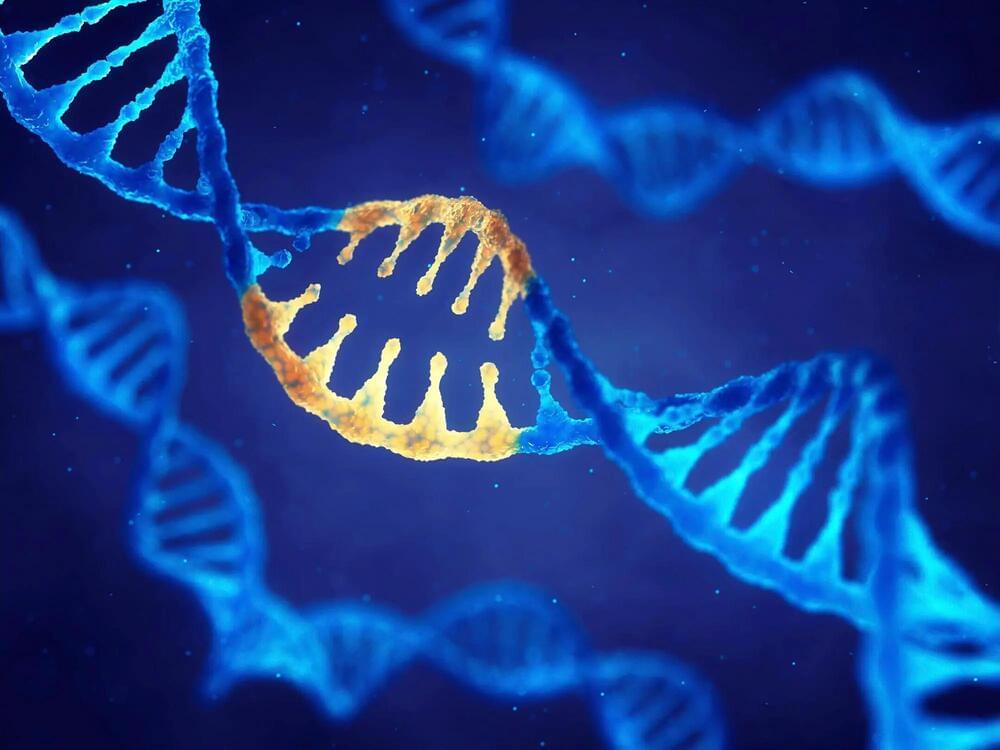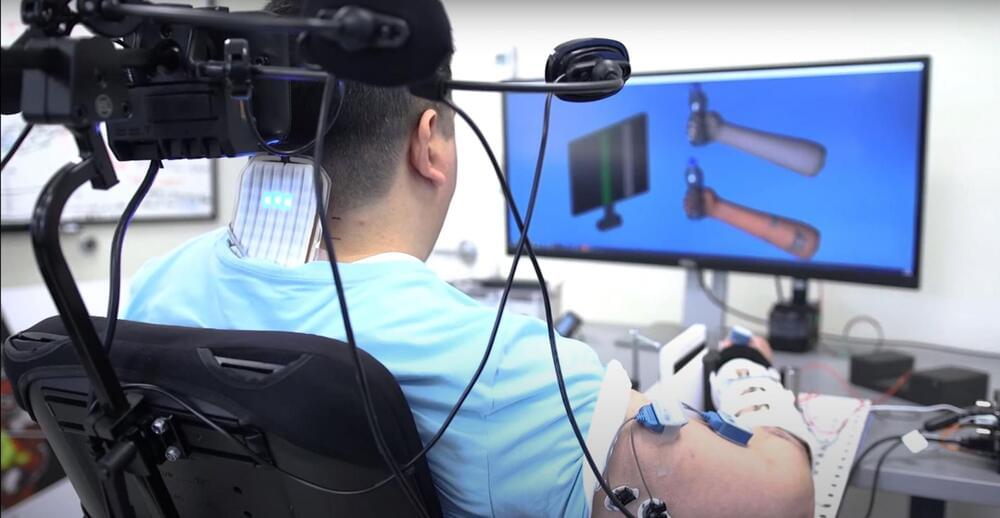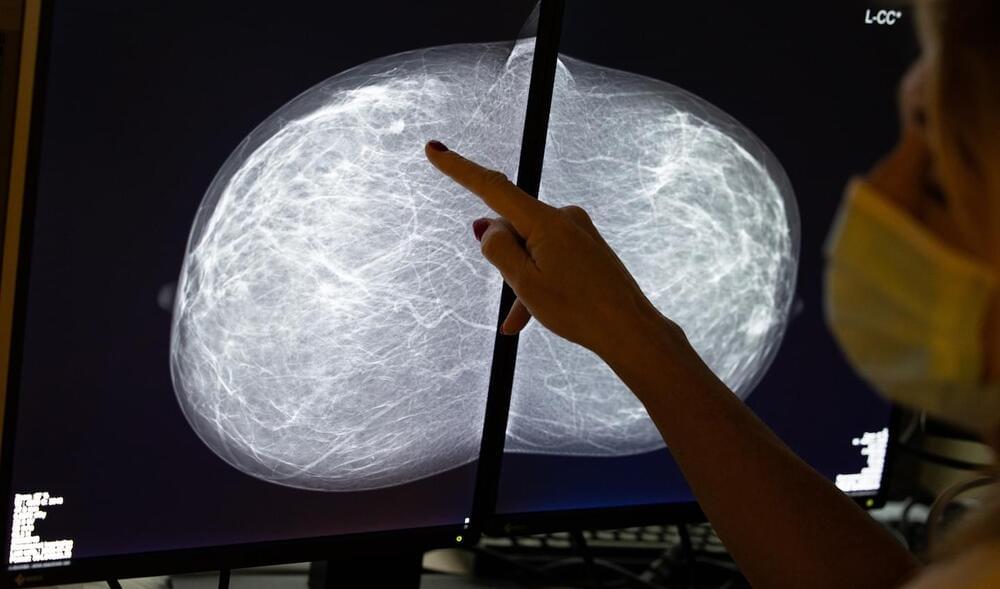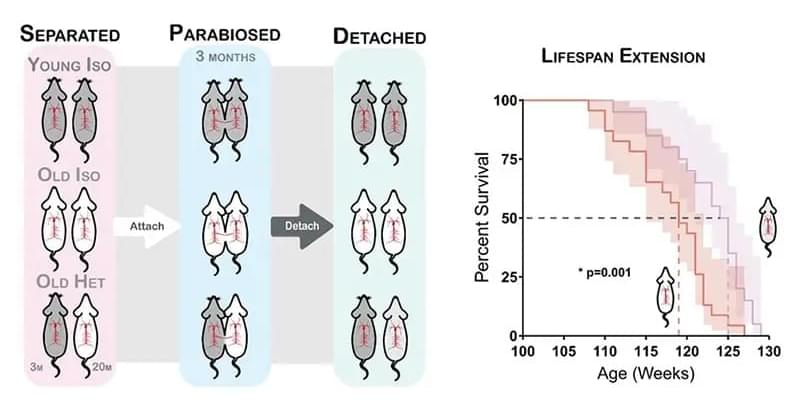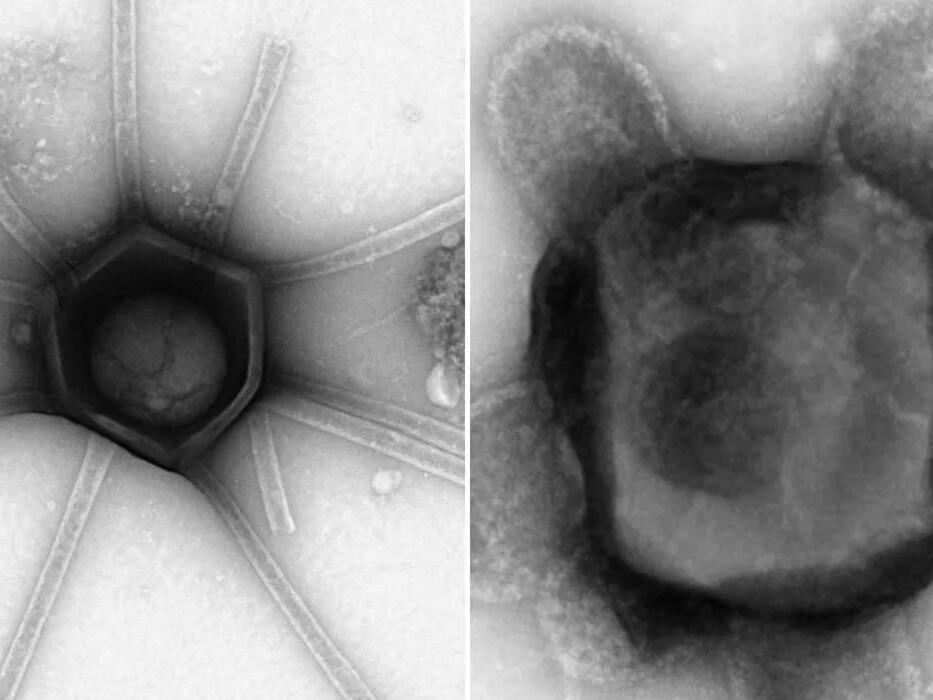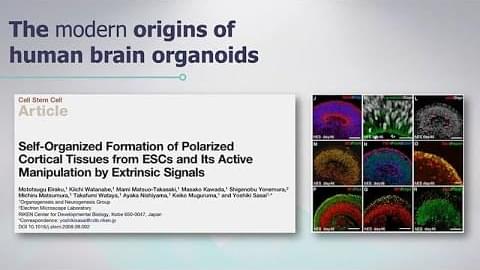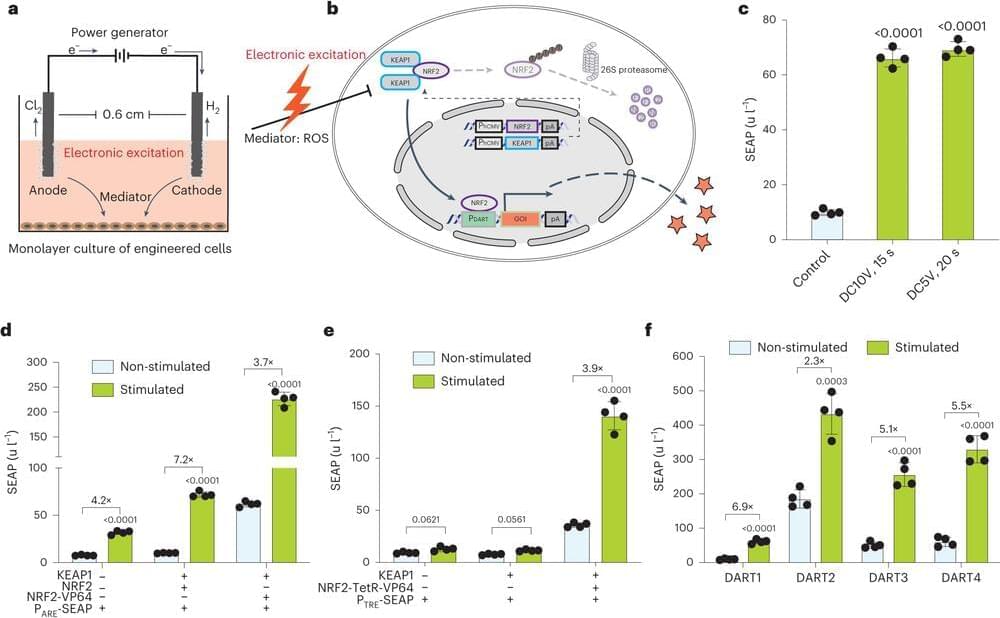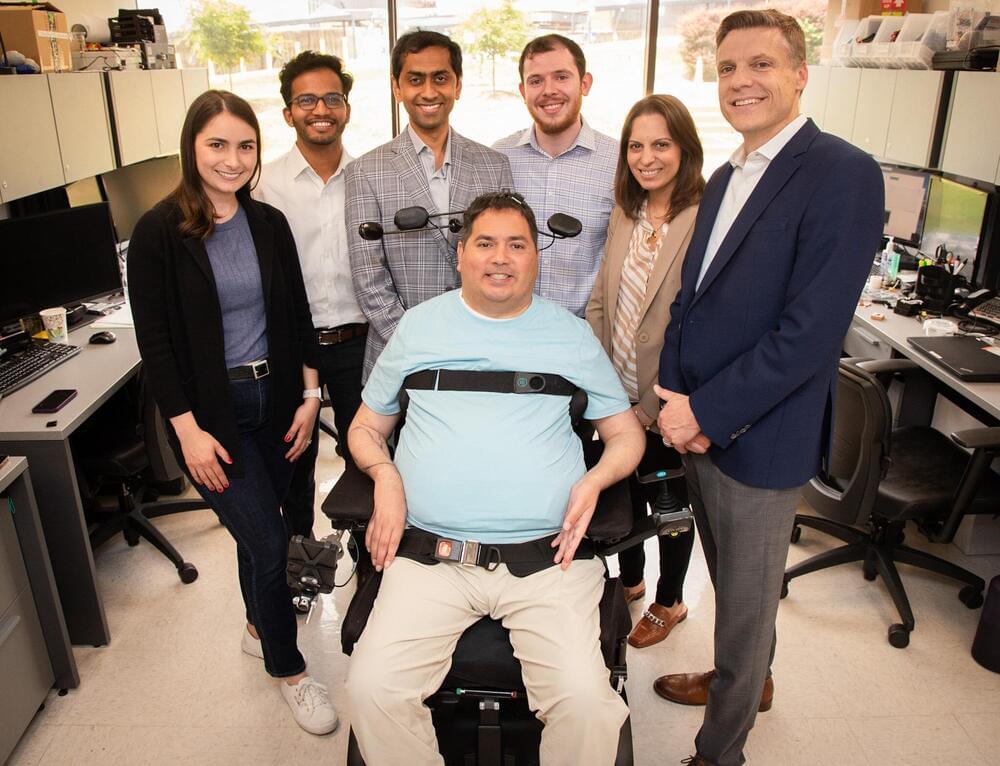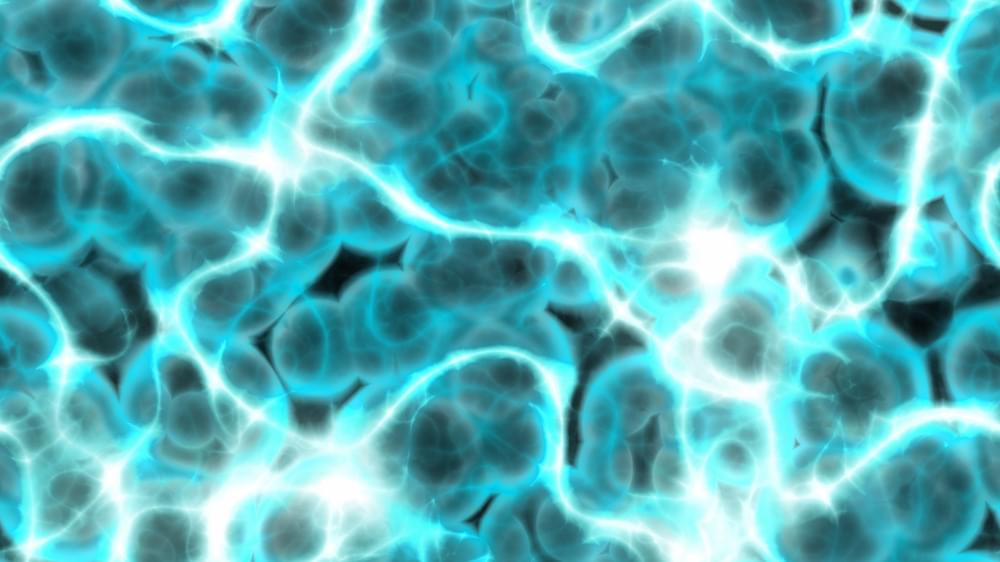Aug 2, 2023
Scientists Discover Potential New Function of CRISPR-Cas System
Posted by Dan Breeden in categories: bioengineering, biotech/medical, genetics, health
Microorganisms leverage the CRISPR-Cas system as a defense mechanism against viral intrusions. In the realm of genetic engineering, this microbial immune system is repurposed for the targeted modification of the genetic makeup.
Under the leadership of Professor Dr. Alexander Probst, microbiologist at the Research Center One Health Ruhr at the Research Alliance Ruhr a research team has now discovered another function of this specialised genomic sequence: archaea – microorganisms that are often very similar to bacteria in appearance – also use them to fight parasites.
The team has recently published their findings in Nature Microbiology.
